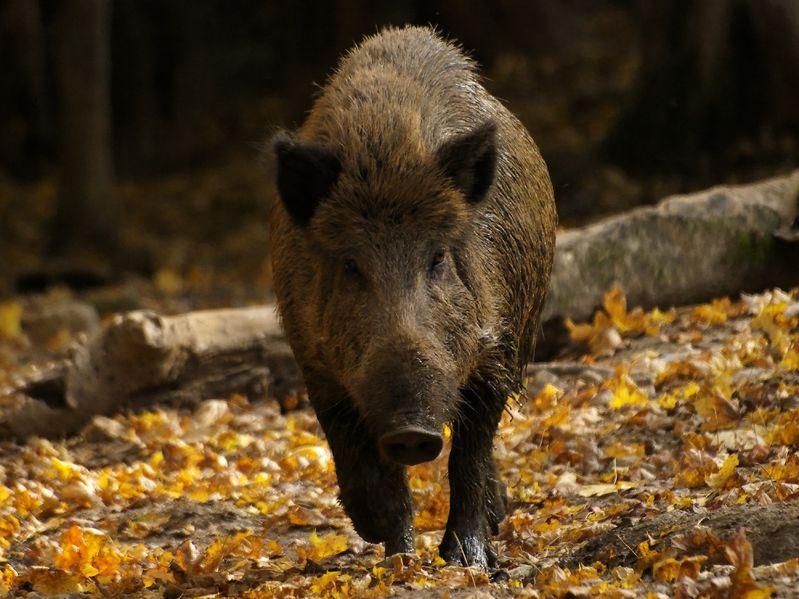
African swine fever (ASF) has been reported in wild boar in Hungary for the first time, raising concerns over the vast distances the deadly pig virus can travel.
Hungary has been monitoring dead wild boar for ASF in Eastern counties near borders with the Ukraine and Poland since 2016, with border checks for pork and increased passive surveillance in the rest of country from 2017.
However, according to the Animal and Plant Health Agency (APHA), the first case of ASF in Hungary reported to international animal health body OIE was detected outside this surveillance zone in the Heves region in the middle of the country. The area will now become a restricted zone.
Anna Williamson, APHA's pig veterinary lead, said: "This is concerning as it means that either infection in wild boar nearer the border has been missed, or that the case results from other means of transmission, such as illegal movement of infected pigs or feeding of infected pork/pork products, as was suspected to be the case for the geographical jump to the Czech Republic in 2017."
Pork imports from Hungary represented only about 0.64% of all pork imports to UK in 2017, according to APHA.
However, 'it is of note', it added, that 4.5% of lorries from mainland Europe through British ports are Hungarian-registered.
Dr Williamson added: "This continued westward spread of ASF emphasises the need to raise awareness amongst all pig keepers across Europe of the need for them to take stringent external biosecurity precautions to reduce the risk of introduction."
'Leap vast distances'
The UK's National Pig Association (NPA) chief executive Zoe Davies said it is a worrying development.
"It highlights once again how ASF can leap vast distances, despite surveillance and checks in supposedly high risk areas," Ms Davies explained.
"ASF is a real threat to the UK. This discovery reinforces once again the need for vigilance when it comes biosecurity on farms, particularly in cases where visitors or workers come from high risk areas of Europe.
"We continue to remind all pig keepers that it is illegal to feed food waste to pigs, as this is one most likely routes for infection to reach the UK pig herd.
Ms Davies added: "We also continue to call for measure to ensure our own feral pig populations, particularly in the Forest of Dean, are kept under control. If the virus ever gets into our feral pig population, it could take years before we are able to free ourselves from crippling export restrictions."
The pig industry has produced materials urging the general public and farmers to do everything to keep ASF out of the UK.
